In the last few days leading to Afghanistan fall, a low-profile agreement in Doha was held among Taliban representatives headed by Mola Baradar, envoys dispatched by former Afghanistan administration, representatives of the U.S. Administration as well as the State of Qatar based on which a temporary structure on the basis of power-sharing was supposed to replace the then authority in Afghanistan.
In the inconspicuous and initial agreement, necessary arrangements for the political transition period were brought into consideration. A few weeks before the complete departure of foreign forces from Afghanistan and in circumstances when Haghani wing forces were quickly advancing towards Kabul, the sudden, unplanned, and undeclared departure of the former president from Afghanistan caused a vacuum of power as well as a political – security chaos in the capital; its evident result was the arrival of Haghani wing forces and their domination over sensitive centers in Kabul.
With the event, the said agreement had no chance to be practically implemented and developments derailed in a different direction. There is a strong suspicion that a neighboring country to Afghanistan and probably with the collaboration of another country in the region has been influential in planning and making of a new situation and consequently disordering the agreement reached during the last few days in Doha.
In this context, it can be imagined that the support of the said country accorded to the Doha negotiations was aimed at pursuing another objective from the very beginning.
In the 1990s and during the first round of Taliban domination over Afghanistan the same neighboring country took a similar measure and stepped in a route different from the achieved agreement through some fractions inside the Taliban. It seems that in both cases the main objective of the said country was to build security – the economic architecture of the region merely based on its own reservations and interests.
There are a number of points worth to be mentioned in connection with the present status of Afghanistan as follows:
- The July 31, 2022 incident in which the leader of Al-Qaeda was killed in Kabul must be considered the turning point of the current developments in Afghanistan. The most important obligation of the Taliban in the Doha agreement was to give security guarantees; the presence of an Al-Qaeda leader in a building under the protection of the Taliban in Kabul showed that ideological links between extremist groups are much deeper than their obligations to other countries. It seems that the incident has removed the issue of recognizing the authoritative structure of the Taliban in Afghanistan from the agenda for the time being.
- The nature of Taliban relations with other hardliners and extremist groups in Afghanistan that were considered the allies of the group during the past few years is complicated and based on religious beliefs and naturally can not be simplified. The type of Taliban behavior against TTP and the Pakistani government clearly shows the complication. In fact, there is a kind of overlap between the objectives of hardline and extremist currents that makes impossible their separation from each other, the possibility of making U-turns based on interests without bringing ideological parameters into consideration. Within this context, there are few reasons to accept the Taliban’s obligation to confront with non – Afghan extremist groups stationed in the country.
- Internal disputes among different fractions of the Taliban must be considered a real and serious issue. However, none of these fractions, particularly moderate and pragmatist ones, are not able to provide a definition of their objectives or intentions within the framework of a collective action plan of the group. Having created a balance among these fractions, the hard core of the overwhelmed authority in Kandahar prevents the supremacy of political fractions vis-à-vis conservative clergymen. Although the Taliban has experienced how to effectively manage internal disputes, one can not ignore new and unprecedented challenges in the consensus among Taliban policymakers. It must be admitted that the gap and competition for power is a serious matter among the Taliban. Trespassing the conflicts which have been created in the method of their governance will not be easy. It seems that there is a real conflict between moderation with no initiative and audacity, pragmatism with no honest and calculable behavior, and the inflexible hard core of power. However, the continuation of non – recognition will increase the internal problems of the Taliban and will strengthen the willingness for concentric reforms.
- No written and compiled yardsticks have been noticed on the type of Taliban’s attitude on how to administer the country so far. If we consider the contents of the book called Al-Emarat Al-Eslamieh and Systems written by Sheikh Abdolhakim Haghani, Chief Justice of the Taliban as the main source in drafting the Taliban’s laws and method of governance, then there would be slight possibility to compile the Constitution by them and collective welcome to such a constitution.
- On the issue of the confrontation of the Taliban with cultivation, production and drug dealing, despite the verdict issued by the Taliban’s leader, yet there is no clear image available about the nature of the issue. Firstly, there is an ambiguity that the restriction partly pursues an objective to limit and in fact omit the elements that are involved in drug dealing which was formed by the previous administration. Secondly, the number of seizures shows that within the last year, the produced drugs originated from Afghanistan have considerably been shifted from traditional drugs to industrial ones. In the meantime, the total production has been increased which means a transformation has taken place but the content is the same.
- Within the last year, the economy of Afghanistan has shrunk and there is no promising perspective for a relative betterment. Foreign aids that made about 45% of Afghanistan GDP is cut. The World Bank believes about 600000 persons will be eligible to enter into job market annually; this is the case while the country is facing shortage of job opportunities as well as increasing poverty rate. Without foreign aids, 2022 budget is 34% less than that of 2019, and development sector (in the budget) has practically been stopped.
- According to the existing experience, Over the Horizon strategy of the new U.S. Administration will not have any chance to put an end to containment of extremism in Afghanistan as militarism had no chance to work out in the country during the last two decades. According to available information at a larger scale, following September 11, 2001 the U.S. Army staged military operations in 24 different countries and spent about $ 5.5 trillion to fight against terrorism, and left more than 60000 Americans who either lost their lives or casualties. Despite such a heavy price, extremist organizations have been almost quadruples between 2001 and 2018. Today, more than 77% of clashes in the Middle East, Horn of Africa and Sahel are fanned by the elements of these currents, while the figure was about 22% in 2001.
Conclusion
- Afghanistan is in an inevitable transitional period because it is not among the regional and trans – regional priorities, stalemate of interaction among internal political activists as well as lack of consensus among external parties involved.
- Strategic caution requires that firstly, in view of ambition and activism of Khorassan ISIS (ISKP) to turn Afghanistan into a center to develop its activities in South and Central Asia, there should not be conditions that lead to security vacuum in the country and secondly, Afghanistan will not be subjected to economic collapse.
- Although Taliban holds the main power in Afghanistan, and their political and military opponents are not, at least presently, in a position to challenge Taliban’s survival, but the situation can not be interpreted as established stability in the country. Contracts and economic interactions will not be considered as a factor for strategic stability in their relationships with other countries as well. Such interactions are natural characteristics of present status.
- It seems that most countries have laid the common foundation of their policy versus Afghanistan on the basis of security. In this context, it seems unlikely that the present established structure in Kabul can implement some reforms to present itself as a far – reaching government and to be able to pass through the present stage and thus to be recognized internationally. Practicing profound, real and measurable reforms in their governance method as well as serious confrontation to contain and control non – Afghan extremist and hardliner groups are two prerequisites for Taliban in order to pass through the present situation.
- Due to a number of reasons it seems unlikely that there exists a potential for Taliban to establish a sustainable political – security tie with the region until it is internationally recognized.
- It is unlikely that a new balance in the region be established on the basis of future developments in Afghanistan without observance of the principle of regional balance.


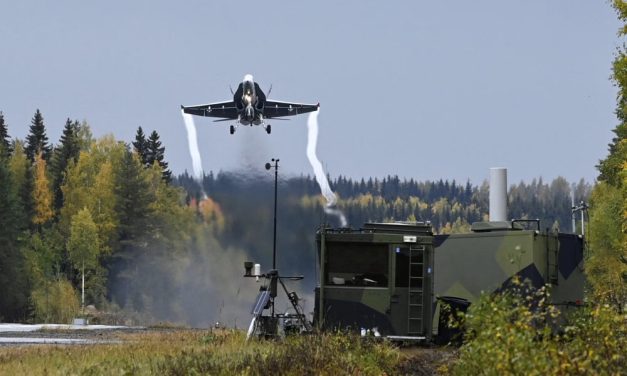
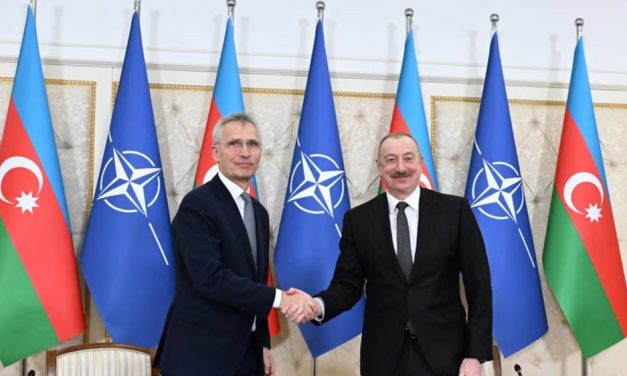
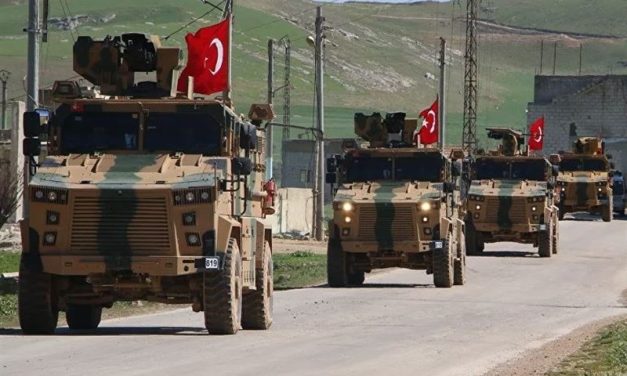
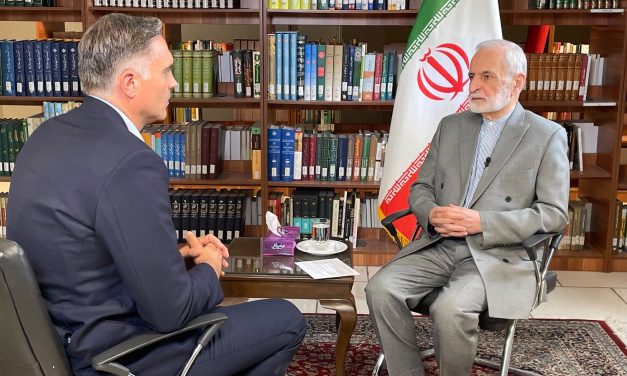
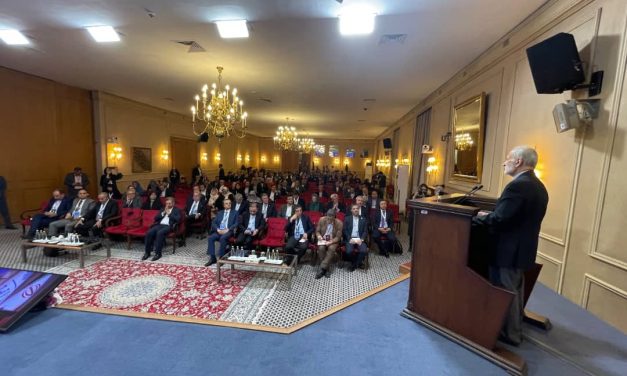
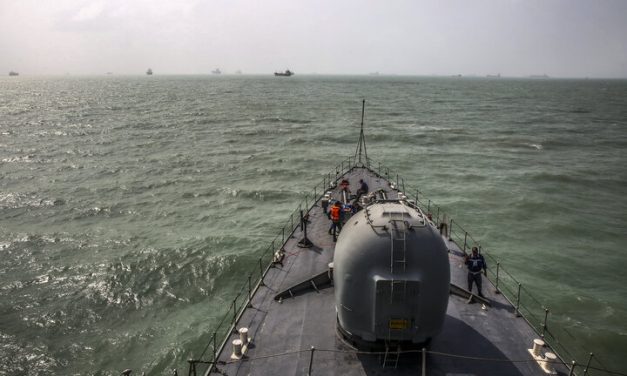


0 Comments